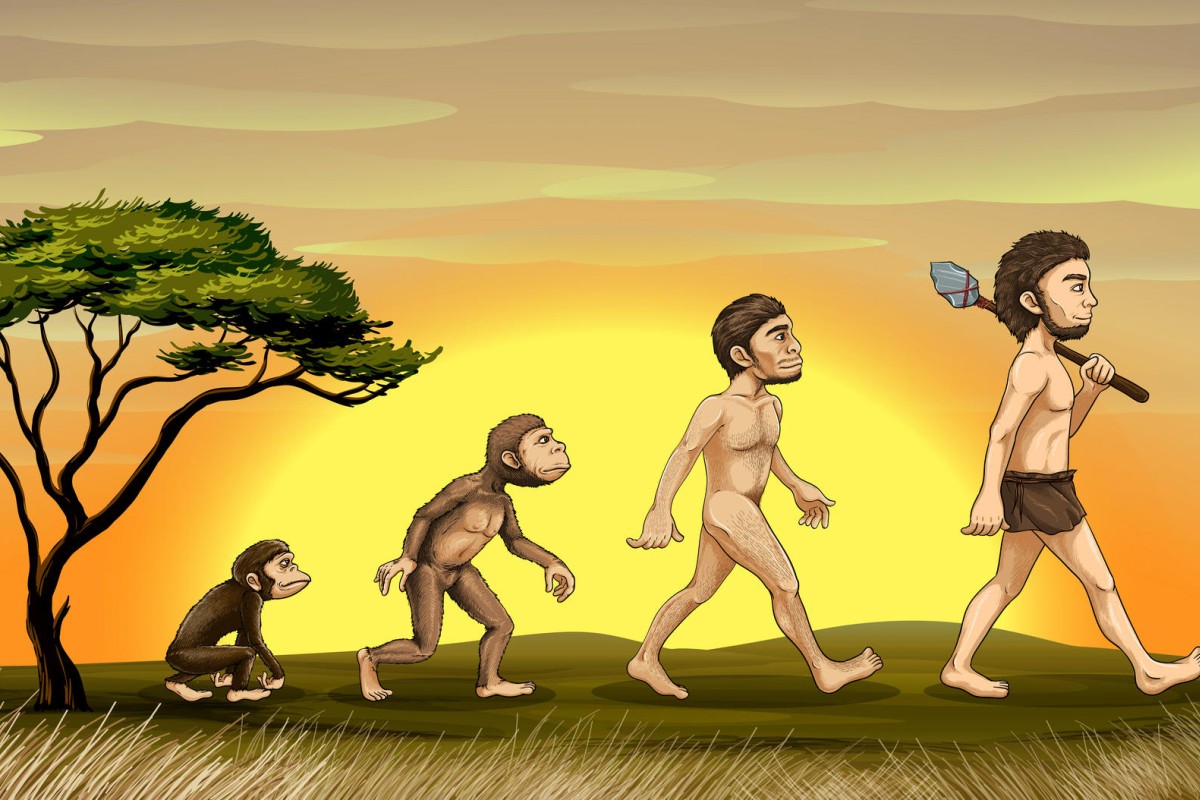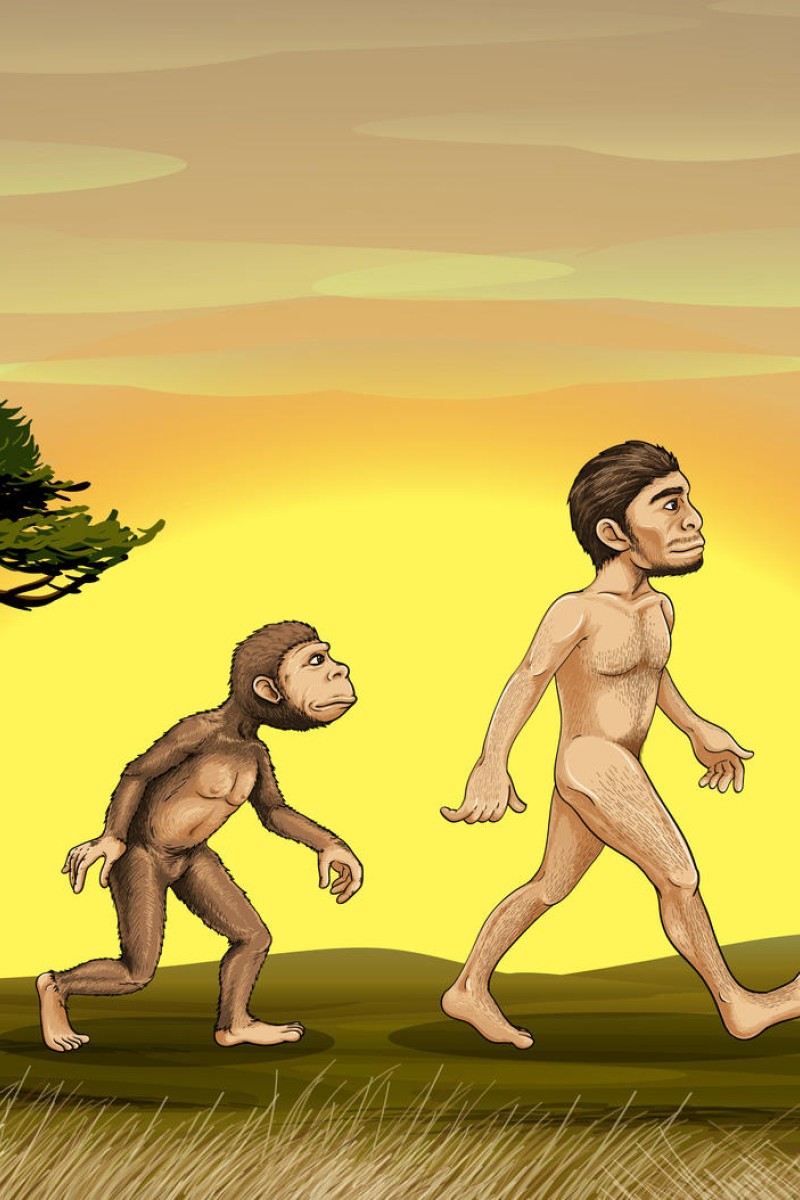
Do you want to know who we are? Really? Well, you think you do, but you will regret it.
Since our early ancestors first walked on two legs, humankind has brought death and destruction everywhere it has gone. We are the destroyer of worlds.
Scientists describe the period when humans started having a massive impact on our planet's environment as the Anthropocene.
Most dated the start of the Anthropocene from the beginning of the industrial revolution. That's the period a couple of hundred years ago when humans started moving into giant cities and burning fuel in big factories.
But there is evidence that the Anthropocene may have begun much earlier.
Before our oldest human-like ancestor, Homo erectus, evolved in Africa, the continent was full of giant creatures that would look like monsters to us today.
There were different types of elephant, sabretooths, giant hyenas and creatures like those released in The Hunger Games. We evolved in a scary world. But it was no match for us.
We had several traits that seem to have made us invincible. We were intelligent, co-operated with each other and could eat almost any food when times were tough.
But most importantly, we could also throw stuff. This allowed us to fight these giant beasts from a distance with spears and arrows. Before long, we'd wiped out many of these monsters that roamed Africa.
So it was a happy ending, right? Humans won. Well, before celebrating, perhaps we should consider the wider impact.
These giant beasts were not just decorating our world. They were important parts of the ecosystem. In the Amazon, large plant-eating animals moved nutrients from rich soils to poor ones, helping plant growth.
One scientist has even suggested that by killing off so many large animals, we changed the ratio of methane in the atmosphere, setting off a mini-ice age. But we still have not stopped. Poaching has reduced the population of African forest elephants by 60 per cent since 2000. The living space of the Asian elephant - which once lived from Turkey to the coast of China - has shrunk by 97 per cent. Elephants distribute the seeds of hundreds of rainforest trees; without them, these trees are going extinct.
Is this all we are? A small monster that leaves no door closed, no hiding place intact, that is now doing to the great beasts of the sea what we did to the great beasts of the land?
Or can we stop? Can we use our intelligence and creativity - which for two million years has been used for destruction - to save our planet before it's too late?
